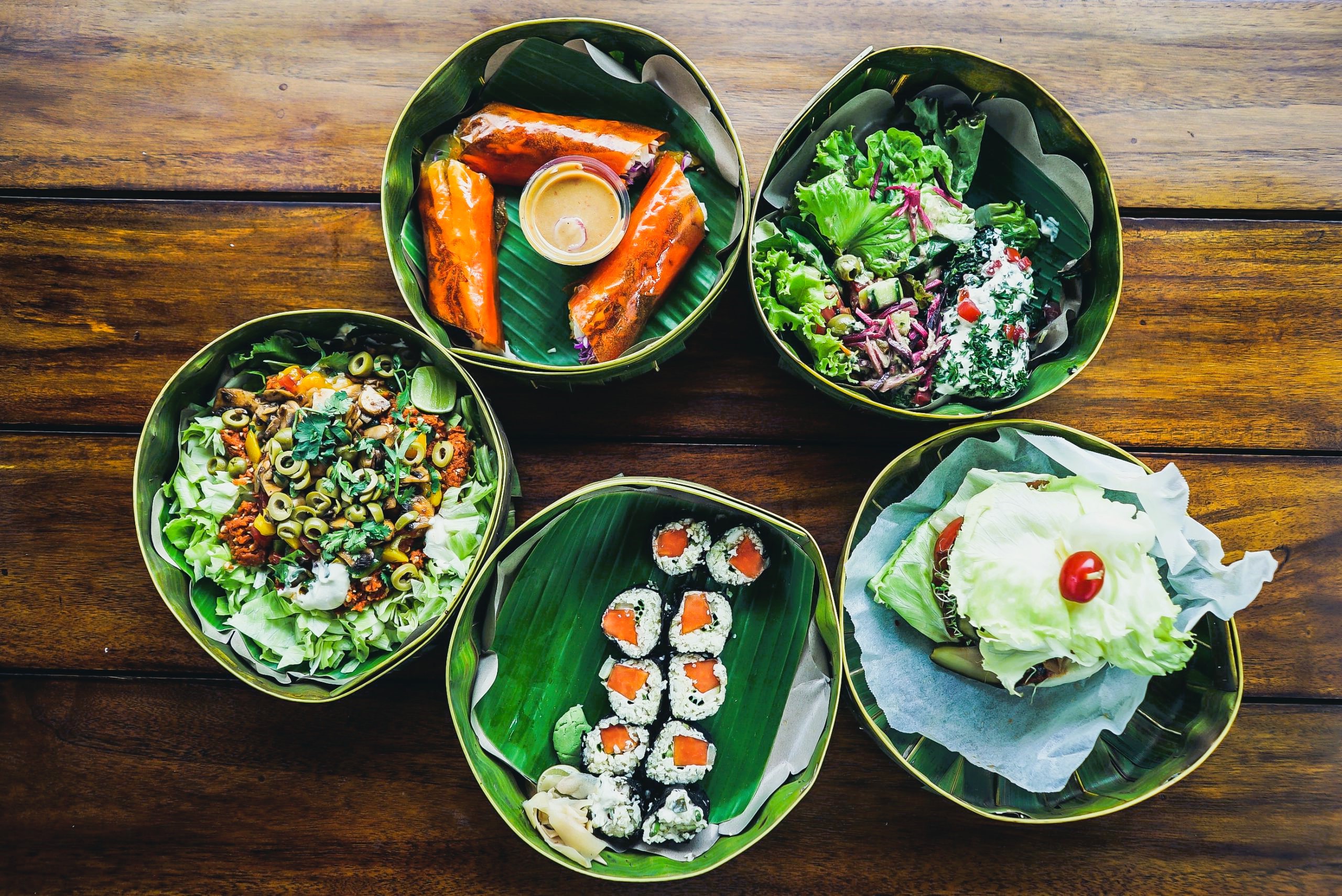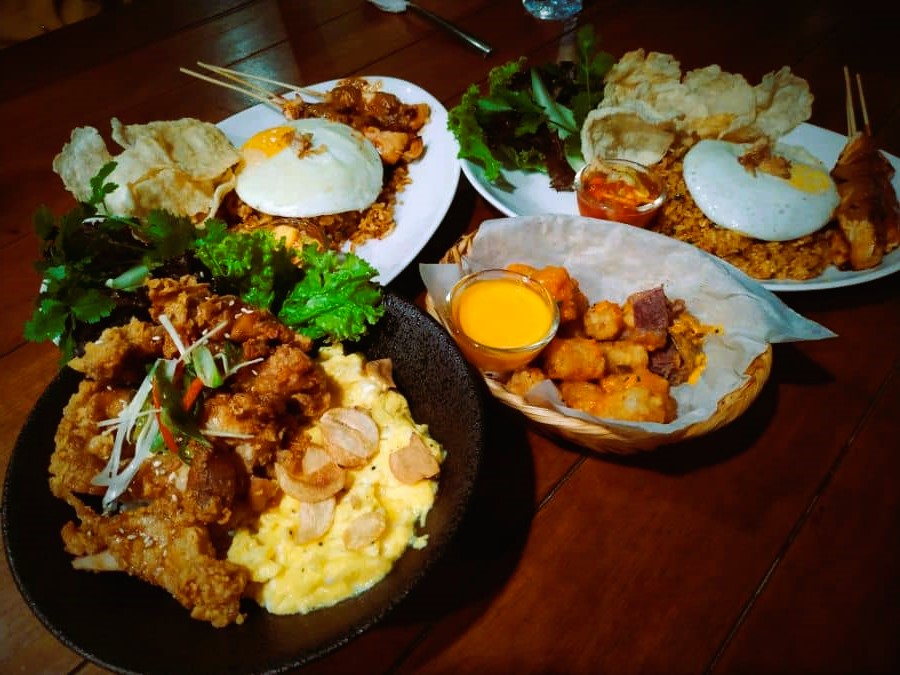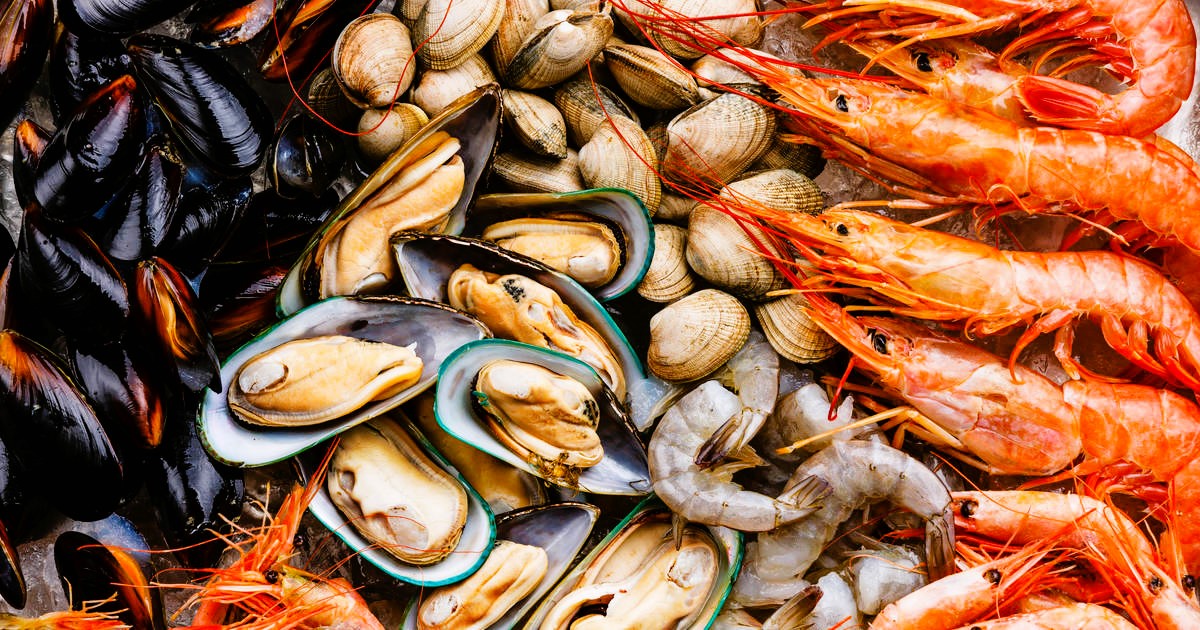Culinary travel, an immersive and delectable journey that blends the exploration of new cultures with the indulgence of authentic flavors, has become a cherished pursuit for globetrotters and food enthusiasts alike. Beyond traditional sightseeing, culinary travel offers a unique window into the heart of a destination, allowing travelers to connect with local traditions, history, and people through their distinctive cuisines. In this article, we will delve into the enchanting world of culinary travel, its significance, and how it fosters cultural appreciation and understanding.
A Gastronomic Passport
Imagine strolling through bustling markets, each stall offering a tapestry of colors and aromas, or sitting at a family-run eatery, savoring a dish passed down through generations. Culinary travel invites adventurers to embark on a gastronomic passport that transcends borders and languages, forging connections through the universal language of food.
When travelers indulge in a nation’s culinary delights, they partake in a centuries-old tradition that has shaped its identity. From Italy’s artful pasta dishes to Thailand’s fiery curries, each cuisine reflects the culture’s history, geography, and values. By sharing in these meals, travelers gain insights into the rhythms of daily life, the importance of regional ingredients, and the rituals that accompany shared meals.

Cultural Appreciation and Understanding
Culinary travel is more than just a feast for the taste buds; it is a doorway to cultural appreciation and understanding. Delving into a country’s culinary heritage fosters a profound respect for its traditions and customs. By observing the way food is prepared, served, and consumed, travelers gain an intimate perspective on the values and etiquette that underpin a society.
Engaging with locals while indulging in their cuisine also provides an opportunity for meaningful connections. Whether it’s chatting with a street food vendor in Vietnam or sharing stories with a winemaker in France, these encounters bridge cultural gaps and promote cross-cultural empathy. Through culinary experiences, travelers come to realize that despite geographical differences, our shared humanity is beautifully expressed through the foods we create and share.
Preservation of Culinary Traditions
Culinary travel plays a vital role in preserving traditional food practices that are often passed down orally from one generation to the next. As modernization and globalization influence culinary landscapes, there is a risk that authentic recipes and techniques may fade into obscurity. However, when travelers actively seek out and support local eateries and artisans, they contribute to the preservation of these precious traditions.
Many destinations take great pride in their culinary heritage and offer cooking classes, workshops, and food tours that allow visitors to immerse themselves in the intricacies of their cuisine. These experiences empower travelers to become temporary custodians of culinary legacies, carrying the knowledge and appreciation for these traditions back to their own communities. How chefs play with your taste buds, in an article titled The Science of Taste.
The Role of Standards in Culinary Travel
In the realm of culinary travel, standards play a crucial role in ensuring that travelers receive authentic and high-quality experiences. Standards help establish expectations for food safety, hygiene, and service, creating a foundation of trust between travelers and local establishments. These standards are often set and monitored by regulatory bodies, ensuring that culinary experiences meet certain criteria and uphold the cultural integrity of a destination.

For instance, in Canada, the Canadian Food Inspection Agency (CFIA) oversees food safety regulations and standards to ensure that food products are safe for consumption. Visitors can rely on these standards to enjoy their culinary explorations with confidence, knowing that their health and well-being are prioritized.
Conclusion
Culinary travel transcends the act of eating; it is a journey of discovery, connection, and appreciation. Through the exploration of new tastes and flavors, travelers can intimately engage with the essence of a culture, forging bonds with local communities and preserving cherished traditions. As global citizens, embracing the diverse world of culinary travel allows us to celebrate our shared humanity while savoring the rich tapestry of our differences.
So, whether you’re sipping a steaming cup of Moroccan mint tea, savoring a plate of Italian pasta, or sharing a communal meal in a bustling Asian market, remember that every bite is a step toward cultural enlightenment and a testament to the power of food to unite us all.
Sources:
- Wikipedia – Culinary Tourism




